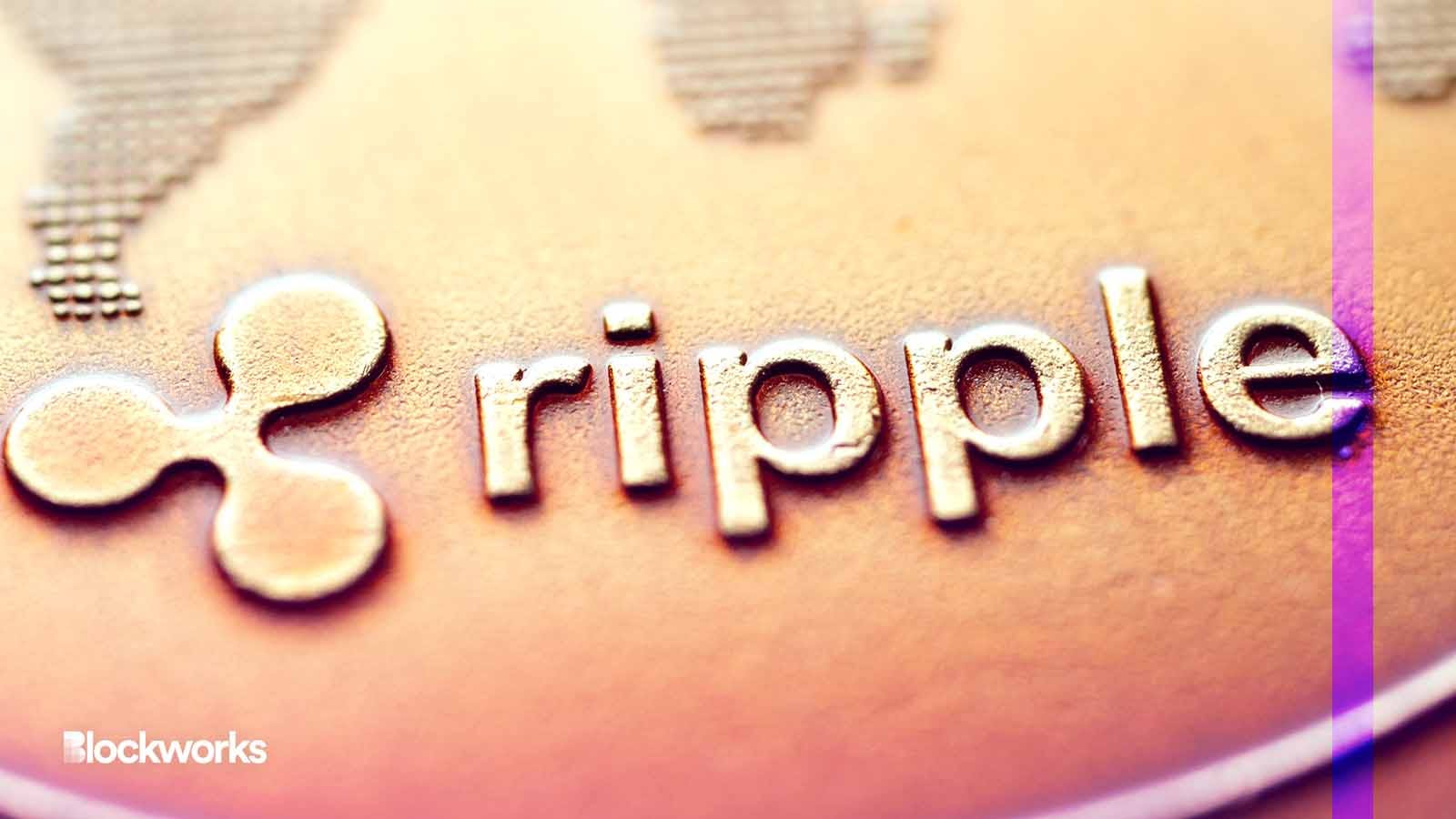Ripple Labs opposes ‘gambit’ appeal request by the SEC
Ripple Labs argued that the SEC doesn’t meet the standards necessary to move forward with an interlocutory appeal

Jievani/Shutterstock modified by Blockworks
The US Securities and Exchange Commission is seeking to file an appeal in its legal battle against Ripple Labs, and now the distributed ledger tech firm, along with CEO Brad Garlinghouse and former CEO Christian Larsen — both of whom are also listed as defendants — have responded in court.
Lawyers for Ripple Labs wrote in a letter that the SEC only filed the interlocutory appeal request last week as an “about face” because of its strategy to regulate the digital asset sector by enforcement.
“Having failed to meet its burden to present facts that would support stretching Howey to cover all of the Defendants’ distributions of the digital asset XRP, the SEC now does an about-face and rushes to appeal what it claims…is a purely ‘legal question’ affecting all other digital-asset cases,” Ripple Labs and the other defendants wrote to Judge Analisa Torres.
In its request for an interlocutory appeal, the SEC claimed that the appeal — if allowed to progress — would “avoid the possibility of engaging in protracted remedies” in litigation.
The SEC cited the ongoing cases, though it did not name a specific one, saying that issues could arise from the initial Ripple Labs ruling in “various pending cases, including many in this Circuit where the alleged investment contracts were offered and sold by issuers — like Ripple — on crypto asset trading platforms or for non-cash consideration.”
In July, Judge Torres ruled that XRP was not a security when used in “programmatic” sales. However, Torres wrote that it did meet the standards of the Howey test in the context of institutional sales.
In its filing, the SEC said it sought to appeal the judge’s decision on programmatic sales and “other distributions,” which included the sale and offer of XRP in exchange for goods or services.
“The Court’s holdings that Defendants’ “Programmatic Sales,” as well as Ripple’s “Other Distributions,” were not the offer or sale of an investment contract applied Howey’s legal standard to an extensive factual record,” defendants wrote Wednesday.
Read more: Ripple Labs v. SEC jury trial is set for spring 2024
Ripple Labs argued that the SEC doesn’t meet the standards necessary to move forward with an interlocutory appeal, specifically saying that the regulatory body doesn’t have enough to show “a substantial ground for difference of opinion.”
And, despite the SEC claiming that the court reached the “wrong result in applying that test,” it “does not show any difference of opinion about an underlying legal rule.”
However, Ripple Labs says that the SEC is welcome to pursue an appeal “in the normal course after a final judgment with a full record.”
Updated Aug. 16, 2023 at 5:55 pm ET: Listed Brad Garlinghouse and Christian Larsen as co-defendants.
Updated Aug. 16, 2023 at 5:45 pm ET: Added additional context throughout.
Get the news in your inbox. Explore Blockworks newsletters:
- The Breakdown: Decoding crypto and the markets. Daily.
- 0xResearch: Alpha in your inbox. Think like an analyst.






